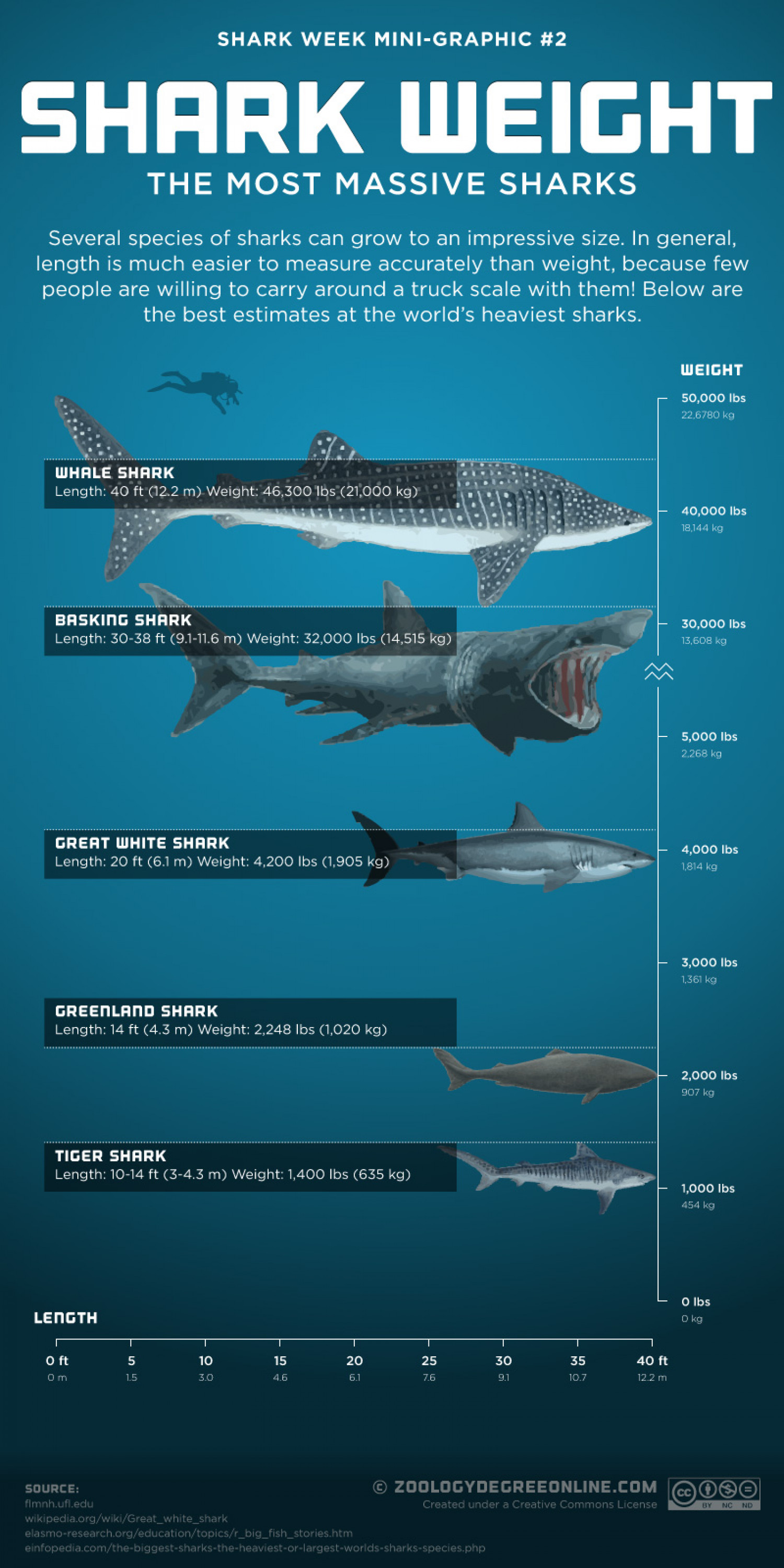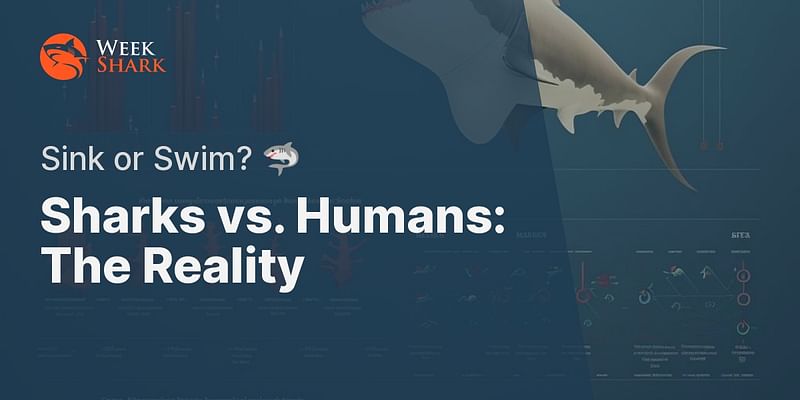Raj Patel is a marine ecologist with a special interest in shark behavior. He has conducted groundbreaking research on shark migration patterns and social behavior. Raj's articles are filled with fascinating scientific facts and discoveries about sharks.
Do sharks really attack humans as often as portrayed during Shark Week? The short answer is no. While Shark Week often focuses on shark attacks to heighten the drama, in reality, the frequency of shark attacks on humans is relatively low. Let's dive deeper into understanding shark behavior and why these misconceptions exist.
Let's Dive Into the Mind of a Shark 🦈: Understanding Their Behavior
Firstly, it is crucial to understand that sharks do not naturally seek out humans as prey. Most species of sharks feed on smaller fish and marine mammals, not humans. In fact, humans are not part of the diet of any shark species. When a shark does attack a human, it is usually a case of mistaken identity. For example, from below, a surfer can resemble a seal, which is a favorite prey of the great white shark.
Shark Behavior and Misconceptions Quiz
Test your knowledge about shark behavior and common misconceptions.
Learn more about 🦈 Shark Behavior and Misconceptions Quiz 🧠 or discover other Week Shark quizzes.
How Often Do Sharks Really Attack? 🌊: Unpacking the Frequency
According to the International Shark Attack File, only about 80 unprovoked shark attacks occur worldwide each year. In contrast, humans kill millions of sharks annually for their fins and as bycatch in commercial fishing. Therefore, statistically speaking, sharks should be more afraid of humans than we are of them.
Comparison of Annual Shark Attacks on Humans vs. Human-caused Shark Deaths
Shark Week 📺: A Realistic Portrayal or Just Good TV?
Shark Week is a popular event that draws millions of viewers with its exciting and often dramatic content. However, it's important to remember that while it is educational, Shark Week is also designed for entertainment. The portrayal of sharks as ruthless predators can sometimes overshadow the fact that they are an essential part of our ecosystem.
Speaking of celebrities and their involvement in Shark Week, let's take a look at Dwayne Johnson, popularly known as The Rock, discussing his Shark Week appearance.
In this video, Dwayne Johnson not only talks about his experience with Shark Week, but also honors the late Paul Walker, a fellow actor and passionate advocate of sharks and marine conservation. This highlights the potential of Shark Week as a platform to raise awareness about the importance of sharks in our ecosystem.
Busting Myths 🧐: The Truth About Sharks Beyond the Jaws
Sharks are often portrayed as mindless eating machines, but they are actually intelligent creatures with complex behaviors. For example, great white sharks have social structures and can even learn from their mistakes. Additionally, not all shark species are dangerous to humans. Out of over 400 known species, only about a dozen have been involved in attacks on humans.

Final Thoughts: Rethinking Our Fear of Sharks 🤔
In conclusion, while sharks are indeed capable of inflicting harm, they do not attack humans as frequently as often portrayed during Shark Week. It's essential to understand the reality behind the sensationalism and respect these magnificent creatures for their vital role in our ocean's ecosystem.
This perspective is not unique, as many people on social media share similar sentiments. For instance, a Twitter user named Alli expressed her thoughts during the Shark Week season:
What's your biggest takeaway from Shark Week?
Did Shark Week change your perception about sharks? Share your thoughts with us.















